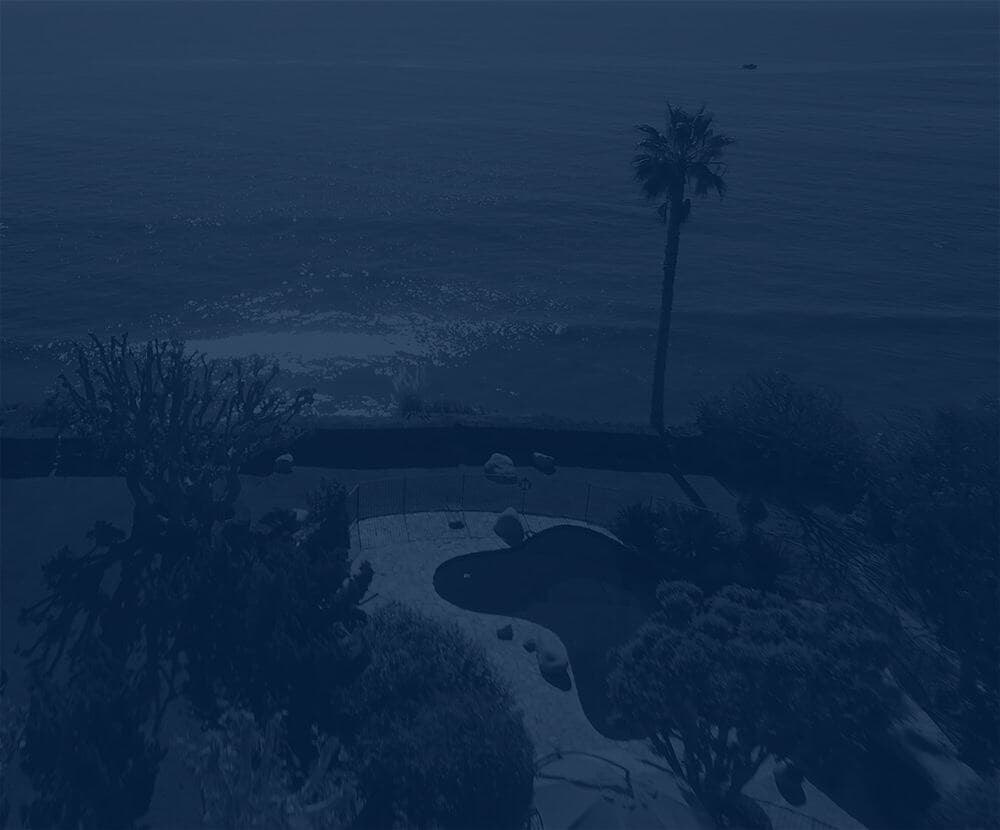How Can I Tell if My Friends Have a Drug/Alcohol Problem?
When we only see our friends on the weekends, or a few times a month, it can be hard to tell what they are going through. Sometimes people don’t always tell us their struggles and if something upsetting has recently occurred in their life and we aren’t made aware, our friend may be in more danger of developing an addiction, especially if they feel they do not have an outlet. According to MentalHelp.net, the following are signs to tell if your friend has an addiction problem: Behavioral signs:
- They consistently fail to meet up with you or attend other social events.
- They have repeated lateness or absence to work.
- They are neglecting their children in some way.
- They have bizarre or unreasonable excuses for missing things.
- They are asking to borrow money without worthy cause.
- Their personality changes.
Physical signs may include:
- Puncture marks
- Skin infections
- Nose and throat problems such as a bloody nose, nasal/sinus infections, coughing, lost sense of smell
- Drowsiness or loss of coordination
- Small, constricted pupils
- Eye movement disturbances such as eyes moving back and forth
- Red or bloodshot eyes
- Drug related smells or paraphernalia
Speaking with our friend about their addiction may be difficult, especially if we aren’t sure of what to say or how to go about handling the situation. The University of Rochester Medical Center notes that common concerns are experiencing mixed feelings about getting involved in someone else’s affairs, believing someone else with say or do something, and feeling hurt by your friend’s behaviors. While you may feel upset or hurt, supporting your friend’s recovery is the best way to handle the situation. Make sure that you do not speak with your friend when they are drunk/high. Meeting at an neutral place to talk means that you will both be in a safe, public location as well. Discuss with your friend the effect their addiction has on whatever is most important to them – their health, their career, kids, etc. Educate yourself on the resources available to your friend, and suggest they attend a treatment center and/or support group. Understand that you are doing your part in being a great friend.
If you are ready to seek treatment, call us today at 888-958-7511. Avalon Malibu is a California state-licensed mental health and addiction recovery treatment center. Our licensed, experienced professionals will work with you to develop an individualized treatment plan that will best work to restore your mind, body, and soul. Don’t wait any longer. Call us today for a consultation.











